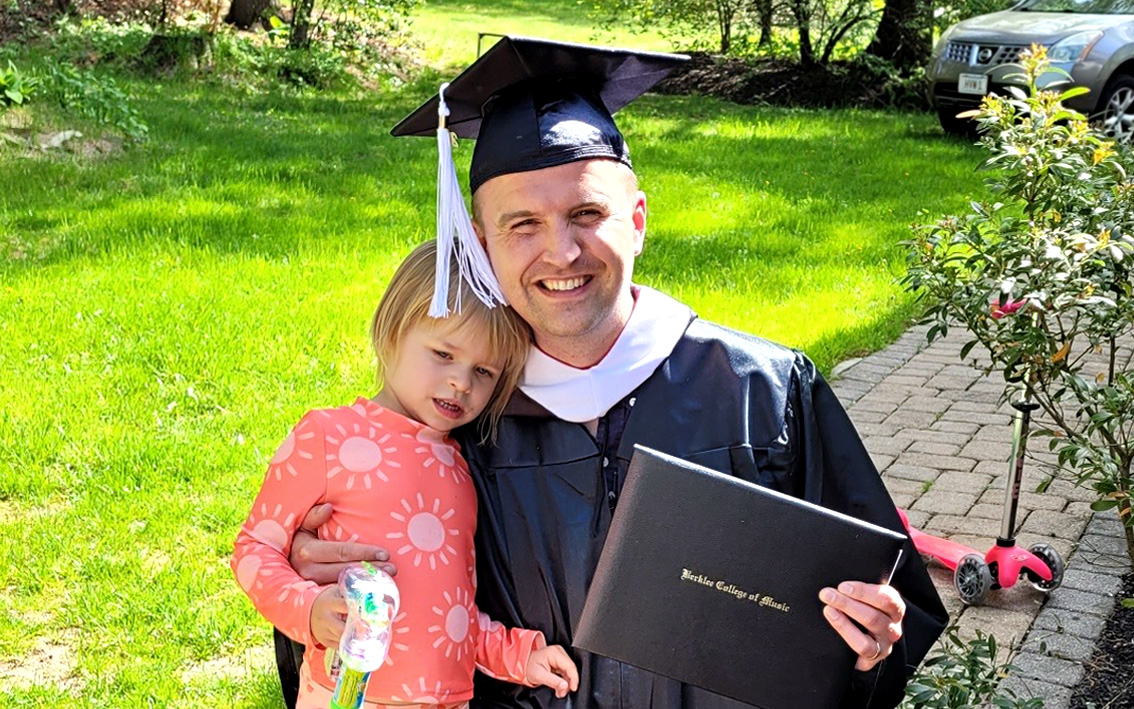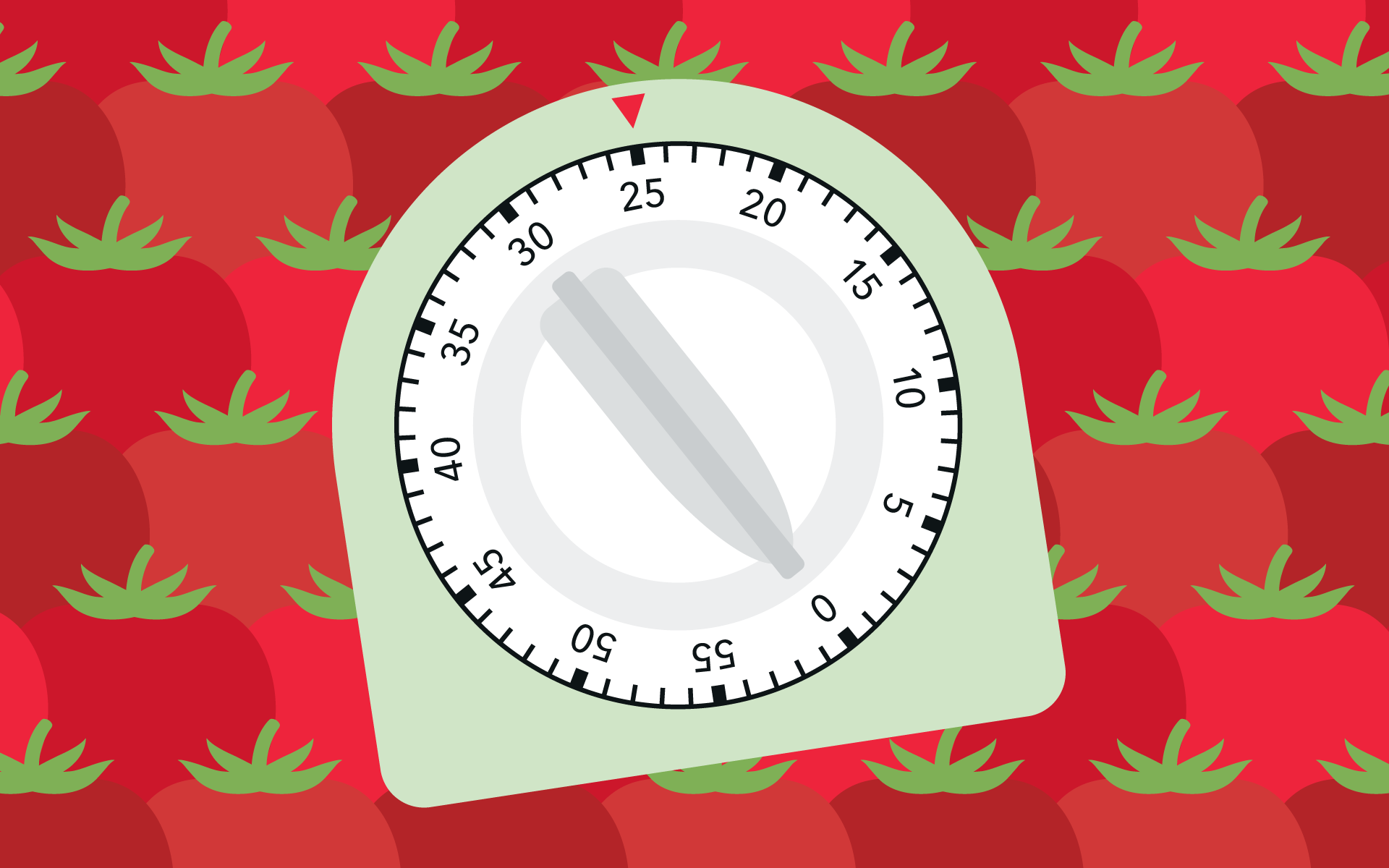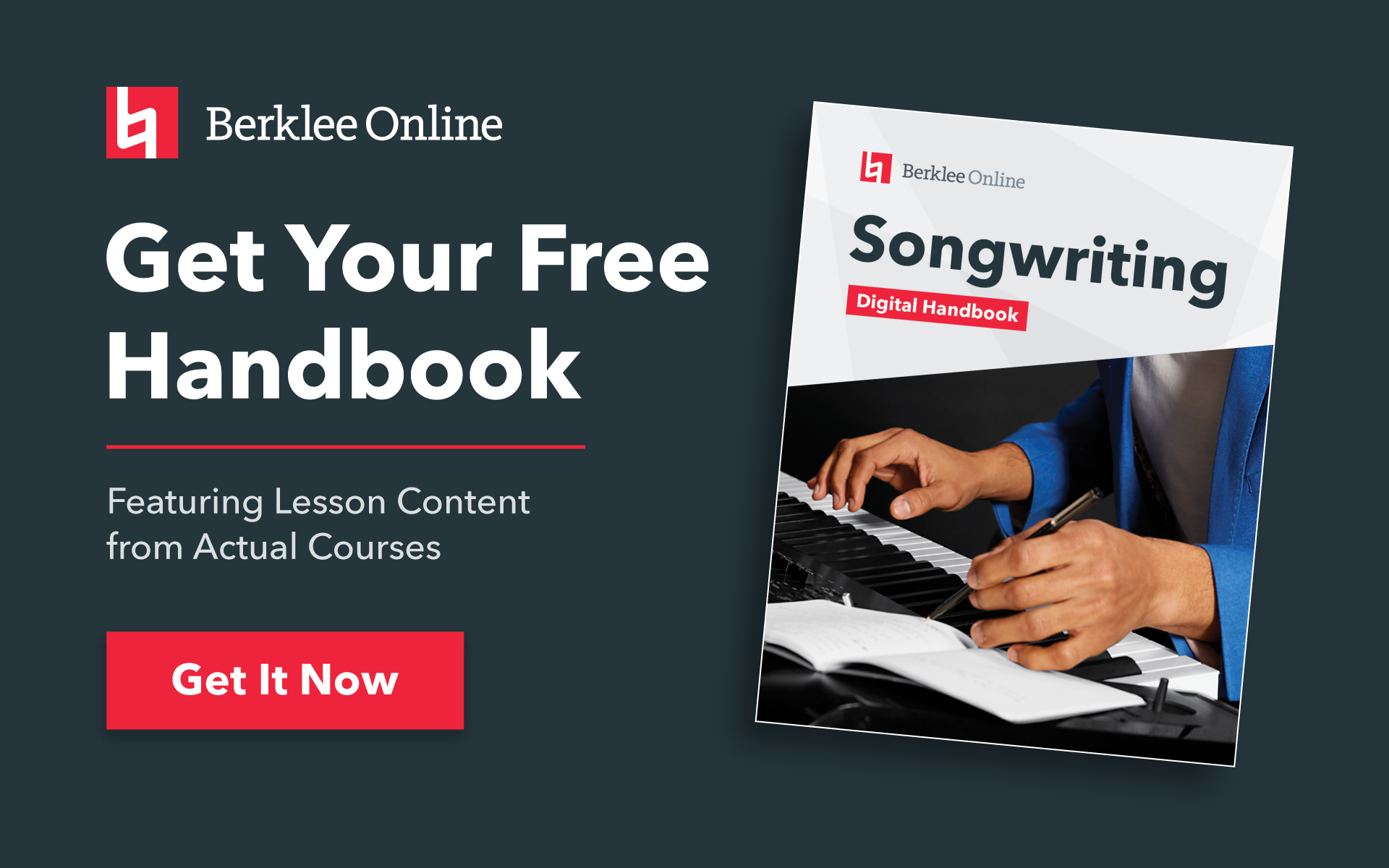In my humble opinion, one of the main reasons we performing songwriters become frustrated with our lack of progress is that we’re unwilling to make sacrifices in order to make gains. For instance, we may prefer writing on our own, but the quality of our songs and our growth as writers suffers without the influence of other musicians. We may run out of time to promote a show, having gotten involved in so many opportunities we just couldn’t pass up, only to find the show was a bust. Choosing one opportunity means that we’re not choosing another. It’s scary to be responsible for closing doors on our own possibility, but even while we’re not choosing to close doors, many are closing on their own by our lack of focus.
We can’t do everything. So the question becomes, what can we do with our time and money that puts us closer to our goals? Answering this question requires some careful reflection on what we want to accomplish and where we need to grow to accomplish those goals. Let me use an example from my own journey in the industry to illustrate how the ‘what’ can change over the years, and the ‘how’ is sometimes realized through happy accidents and risk-taking.
I decided early on in my career to move to Nashville and become a staff songwriter for a publishing company. A part of me also wanted to be an artist and sing my own songs, but the challenge of performing and solidifying who I was as an artist seemed too great. I knew that I loved writing songs, and saw writing as a way into the industry that was intimidating and nearly a complete mystery to me. I loved writing on my own, but was told over and over again that to enter into the Nashville industry, I’d need to collaborate. I also became aware that I’d need to share my songs somehow, and that meant performing as much as possible. Performing tugged in me some anxiety, as I hadn’t had much experience presenting my songs.
Furthermore, I had just picked up guitar in order to write in the Nashville market, my piano chops having come entirely from the classical world. I knew rhythmic playing was a struggle for me, so I chose to learn to strum a guitar to write more country flavored songs.
A few doors were closing for me at this point, and a few were opening. I put a lot of time and effort into learning what made the songs of Nashville tick, and how to write them. I spent years on the guitar writing, and ultimately the years I spent writing and singing improved my instrumental and vocal skills. However, those were years I wasn’t putting into writing my own material as an artist – at least not directly. I was collaborating with everyone I met, and there were definitely songs started that never saw the light of day. But through the best of those connections I was able to build lasting relationships that grew my network and opened more doors. I began to perform regularly, though in songwriting circles where the focus is on the song rather than on the expression of the artist through the song.
I also had access to the studio, recording every few months with session players, producers, and engineers who were skilled at their jobs. The skills I was learning there helped me to be successful in writing, pitching, singing, and performing my songs within the market I was living in. They didn’t, however, give me touring experience, great insight into who I am as an artist, or encourage me to explore many different styles and genres of playing and writing. In some ways, I had tunnel vision. That narrow vision helped me to become very good at a few things, rather than generally competent at many.
The point I’d like to make here is that we can only make the best decisions we can make based on the information we have at the time. Looking back, I would have liked to spend more time playing with other musicians and exploring more styles on my instrument. But, there were good reasons why I didn’t back then, and I’m reaping some of those benefits – and those disadvantages – now. The best we can do is get real about where we’d like to go next, and the skills we’re lacking to get there. Then, budget our available time and other resources to reach the most important goals on the list. With a plan, we can take comfort in knowing we’re doing the best we can with the information we have.
Happy writing,
Andrea











